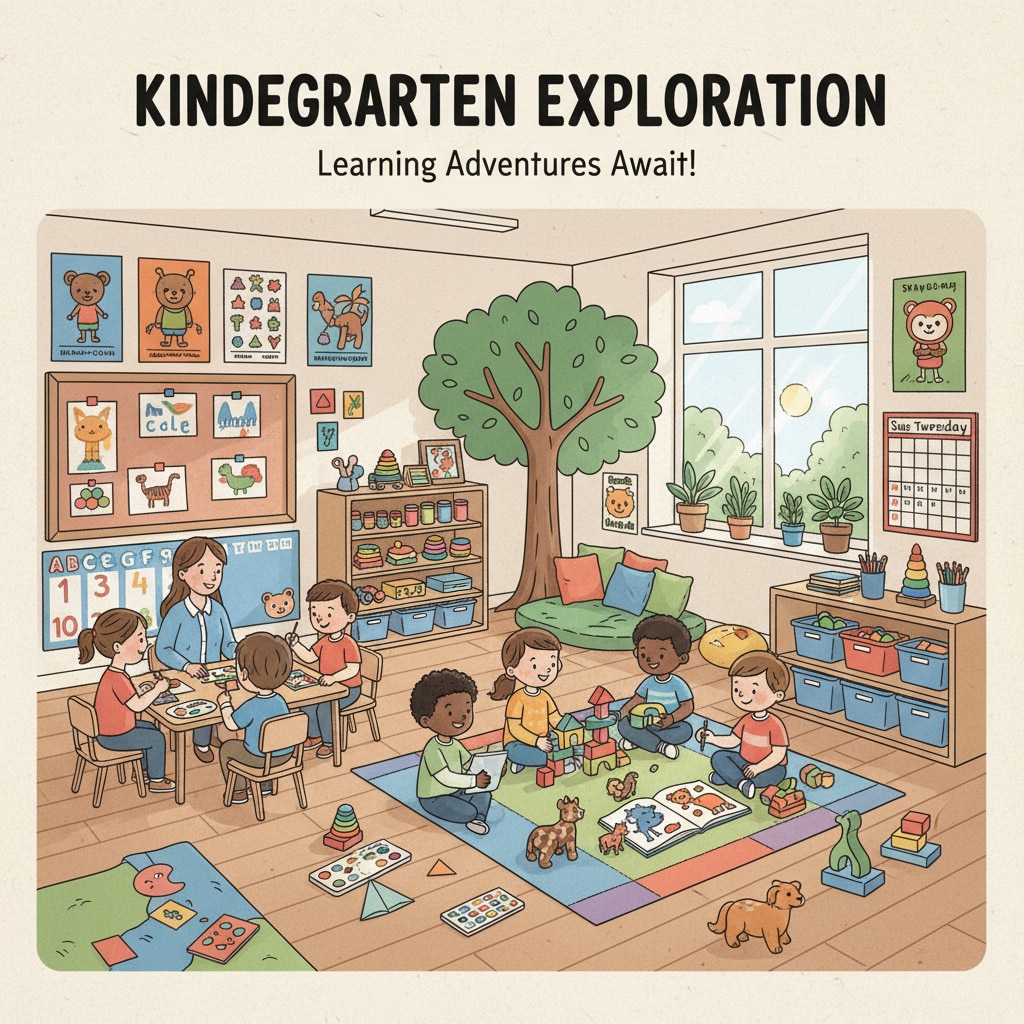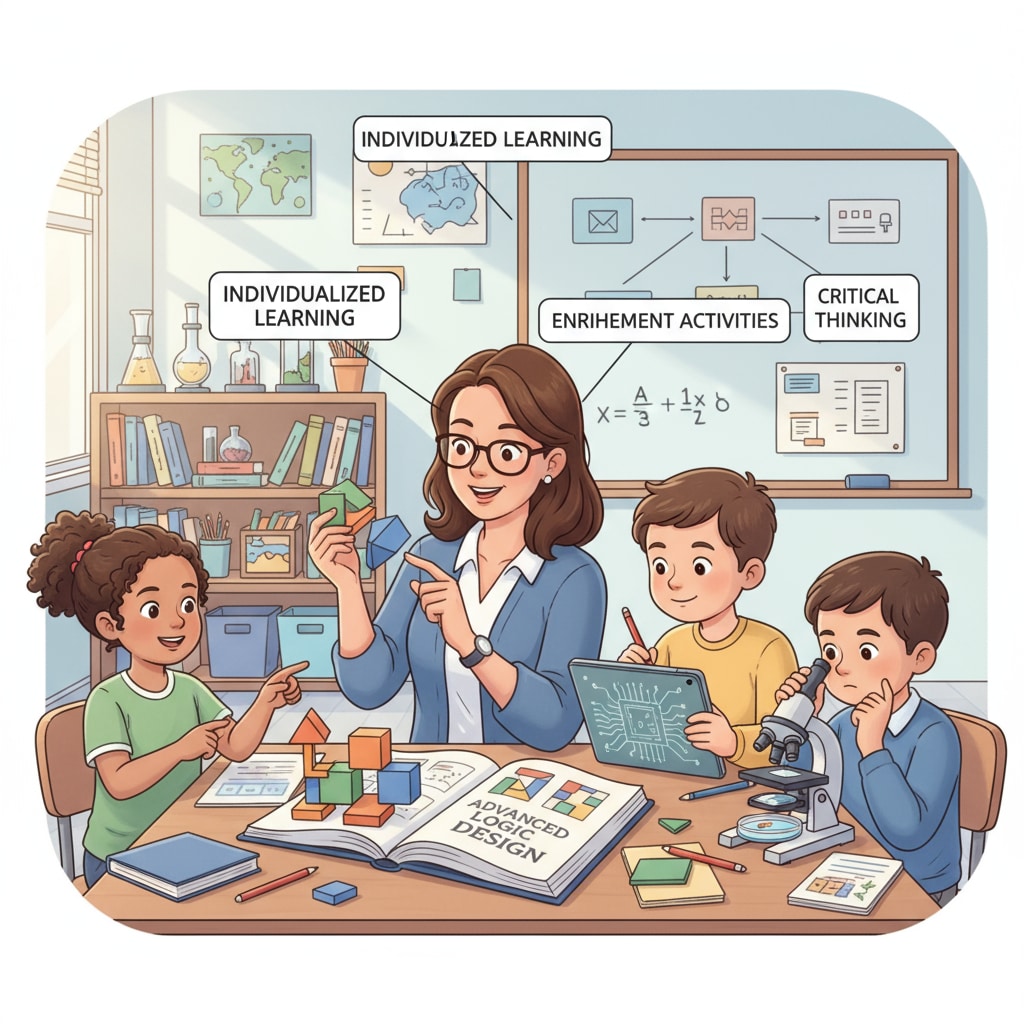The recent move to eliminate gifted programs in New York City kindergartens has brought the long-standing issues of educational equity and elite education in preschool education to the forefront. This decision has not only affected the lives of young children but has also sparked a widespread and passionate discussion among educators, parents, and the general public.

The End of Gifted Programs: A Blow to Elite Education?
The gifted programs in New York City kindergartens have long been seen as a pathway to elite education. These programs were designed to identify and nurture children with exceptional abilities, providing them with specialized curriculum and resources. However, critics argue that these programs often perpetuated inequality. For example, admission to these programs was often based on standardized tests, which disadvantaged children from lower-income families who might not have had access to the same level of preparation. According to Britannica, educational systems should strive for fairness in resource allocation. In this case, the gifted programs seemed to concentrate resources on a select few, leaving many others behind.

The Push for Educational Equity
The push to cancel the gifted programs is mainly driven by the pursuit of educational equity. Proponents believe that every child, regardless of their background, should have an equal chance to receive a quality education. By eliminating the gifted programs, the hope is to create a more inclusive learning environment. As stated on Wikipedia’s page on Educational Equity, equal access to education is a fundamental right. In New York City, this means ensuring that all children, whether they are from affluent or disadvantaged families, have access to the same educational opportunities. This could involve redistributing resources, providing better teacher training, and creating a more balanced curriculum.
The debate over the cancellation of gifted programs in New York City kindergartens is complex. While the move towards educational equity is commendable, it’s also important to consider how to maintain educational quality. Perhaps there are alternative ways to identify and support gifted children within an equitable educational framework. For example, schools could implement more holistic assessment methods that take into account a child’s creativity, problem-solving skills, and social-emotional intelligence, rather than relying solely on standardized tests. This way, we can strive for both educational equity and excellence in preschool education.
Readability guidance: The article uses short paragraphs to present ideas clearly. Each H2 section provides a distinct perspective. The passive语态 is kept to a minimum, and transition words like “however” and “for example” are used to make the flow smooth.要点 are presented in a straightforward manner to enhance readability.


